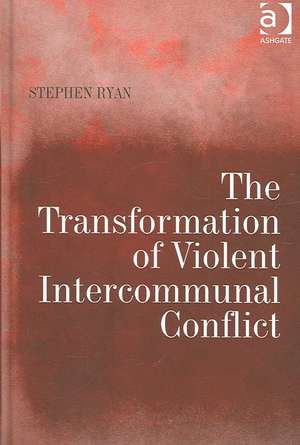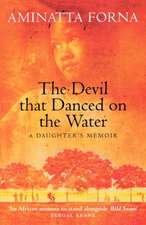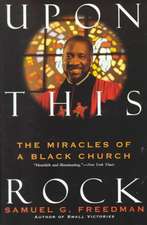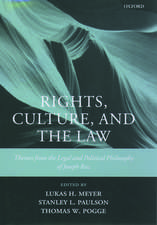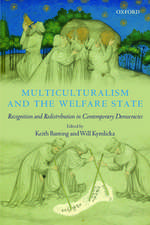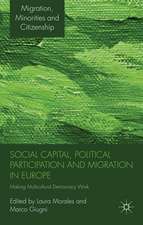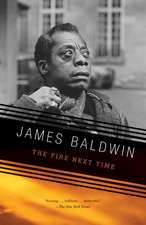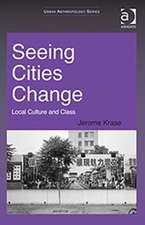The Transformation of Violent Intercommunal Conflict
Autor Stephen Ryanen Limba Engleză Hardback – 28 ian 2007
Preț: 1002.95 lei
Preț vechi: 1223.11 lei
-18% Nou
Puncte Express: 1504
Preț estimativ în valută:
191.94€ • 199.65$ • 158.46£
191.94€ • 199.65$ • 158.46£
Carte tipărită la comandă
Livrare economică 14-28 aprilie
Preluare comenzi: 021 569.72.76
Specificații
ISBN-13: 9780754642640
ISBN-10: 075464264X
Pagini: 202
Dimensiuni: 156 x 234 x 13 mm
Greutate: 0.53 kg
Ediția:1
Editura: Taylor & Francis
Colecția Routledge
Locul publicării:Oxford, United Kingdom
ISBN-10: 075464264X
Pagini: 202
Dimensiuni: 156 x 234 x 13 mm
Greutate: 0.53 kg
Ediția:1
Editura: Taylor & Francis
Colecția Routledge
Locul publicării:Oxford, United Kingdom
Notă biografică
Stephen Ryan is a Senior Lecturer in Peace and Conflict Studies at the University of Ulster, Northern Ireland. He is based in the School of History and International Affairs on the Magee Campus in Derry.
Recenzii
' ...an insightful exploration of the complex relationship between conflict, peace, and change. This book provides an excellent discussion of the different traditions, potentials, and limitations of conflict transformation. It will be an important resource for anyone concerned with understanding and constructively addressing violent conflict, and should be a core text for students of peace and conflict, political science, and related fields.' Ilana Shapiro, University of Massachusetts, USA 'Ryan is to be congratulated for providing an accessible guide to the literature and key debates concerning conflict transformation...His study should make essential reading for anyone utilizing the concept in their own research. The range of case studies employed is also impressive...Ryan's book makes a significant contribution to the conflict transformation literature and, as such, deserves to gain a wide audience.' Political Studies Review 'Overall, The Transformation of Violent Intercommunal Conflict presents an impressive and very sophisticated overview of the transformation literature. Ryan's critical assessment of a multitude of studies that use the transformation concept is well thought out and convincing, while he is careful not to be too simplistic when recommending strategies for change after violent intercommunal conflict. Rather, he acknowledges that a satisfactory transformation requires the interplay of complex processes on the individual, structural and intersubjective levels alike.' Studies in Ethnicity and Nationalism
Cuprins
Introduction, Stephen Ryan; Chapter 1 The Development of the Transformation Approach, Stephen Ryan; Chapter 2 Traditions of Transformation, Stephen Ryan; Chapter 3 Negative Transformations, Stephen Ryan; Chapter 4 Transforming Individuals, Stephen Ryan; Chapter 5 Structural Transformation, Stephen Ryan; Chapter 6 Don't Think, Feel? Sentimental Education and Conflict Transformation, Stephen Ryan; Chapter 102 Conclusions: Conflict Transformation — Reasons to Be Modest, Stephen Ryan;
Descriere
In recent years there has been a remarkable growth of interest in the concept of conflict transformation and the closely related strategy of grass-roots peace building. Examining the reasons for the growing interest in the concept of conflict transformation in situations of ethnic conflict, the book explores the different dimensions of transformation, drawing on examples of strategies from a number of situations of 'ethnic conflict'.
